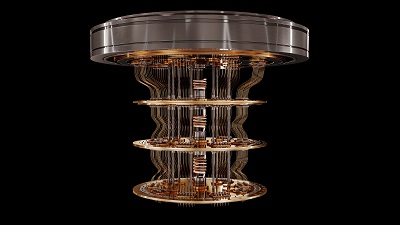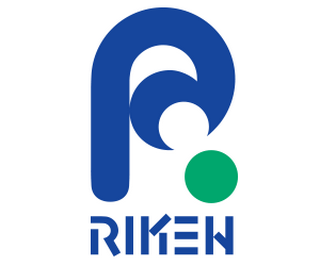 Fujitsu and Japan’s Riken research institution will team to deliver Japan-made quantum computing starting next April, according to an article on the Nikkei Asia news site. The story states that Fujitsu’s quantum system is expected to have 64 qubits, more than the 53 qubits in Google’s 2019 machine and second to IBM’s 127 qubits developed in 2021, Nikkei reported, adding that Fujitsu hopes to deliver a machine with more than 1,000 qubits in 2026.
Fujitsu and Japan’s Riken research institution will team to deliver Japan-made quantum computing starting next April, according to an article on the Nikkei Asia news site. The story states that Fujitsu’s quantum system is expected to have 64 qubits, more than the 53 qubits in Google’s 2019 machine and second to IBM’s 127 qubits developed in 2021, Nikkei reported, adding that Fujitsu hopes to deliver a machine with more than 1,000 qubits in 2026.
Last April, Fujitsu and Riken built a base in Saitama, Japan for joint quantum computing development, the Nikkei story stated, with approximately 20 researchers on site. The system is expected to be used for financial forecasting, new materials and medical workloads.
“Fujitsu will now use technology and know-how from Riken to become the first Japanese company to build quantum computers,” the story said. “Like Google and IBM, Fujitsu will adopt a method of computing with a ‘superconductive’ circuit that is cooled to extremely low temperatures to eliminate electrical resistance.”
In other quantum, Chinese AI company Baidu announced last week its first superconducting quantum computer “that fully integrates hardware, software, and applications,” according to the company.
“Baidu also introduced the world’s first all-platform quantum hardware-software integration solution that provides access to various quantum chips via mobile app, PC, and cloud,” the company said.
Located at Baidu’s Quantum Computing Hardware Lab in Beijing, “Qian Shi” is Baidu’s first industry-level superconducting quantum computer. Baidu said the system incorporates its hardware platform with Baidu’s home-grown software stack.

Qian Shi offers “high-fidelity 10 quantum bits (qubits) of power,” the company said. In addition, Baidu has recently completed the design of a 36-qubit superconducting quantum chip with couplers, “which demonstrates promising simulation results across key metrics.”

Baidu also highlighted development of “Liang Xi”, which the company said is the first all-platform quantum hardware-software integration that offers quantum services through private deployment, cloud services, and hardware access. Liang Xi plugs into Qian Shi and other third-party quantum computers, including a 10-qubit superconducting quantum device and a trapped ion quantum device developed by the Chinese Academy of Sciences. Users can visit these quantum computational resources via mobile app, PC, and cloud, Baidu said.

“With Qian Shi and Liang Xi, users can create quantum algorithms and use quantum computing power without developing their own quantum hardware, control systems, or programming languages,” said Dr. Runyao Duan, Director of the Institute for Quantum Computing at Baidu Research. “Baidu’s innovations make it possible to access quantum computing anytime and anywhere, even via smartphone. Baidu’s platform is also instantly compatible with a wide range of quantum chips, meaning ‘plug-and-play’ access is now a reality.”



